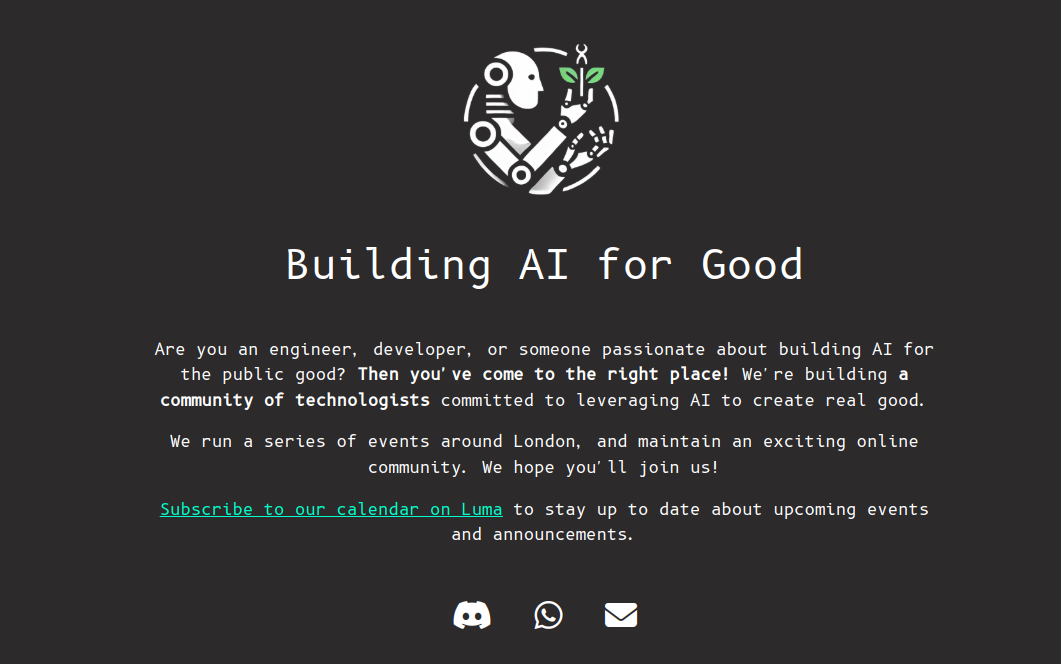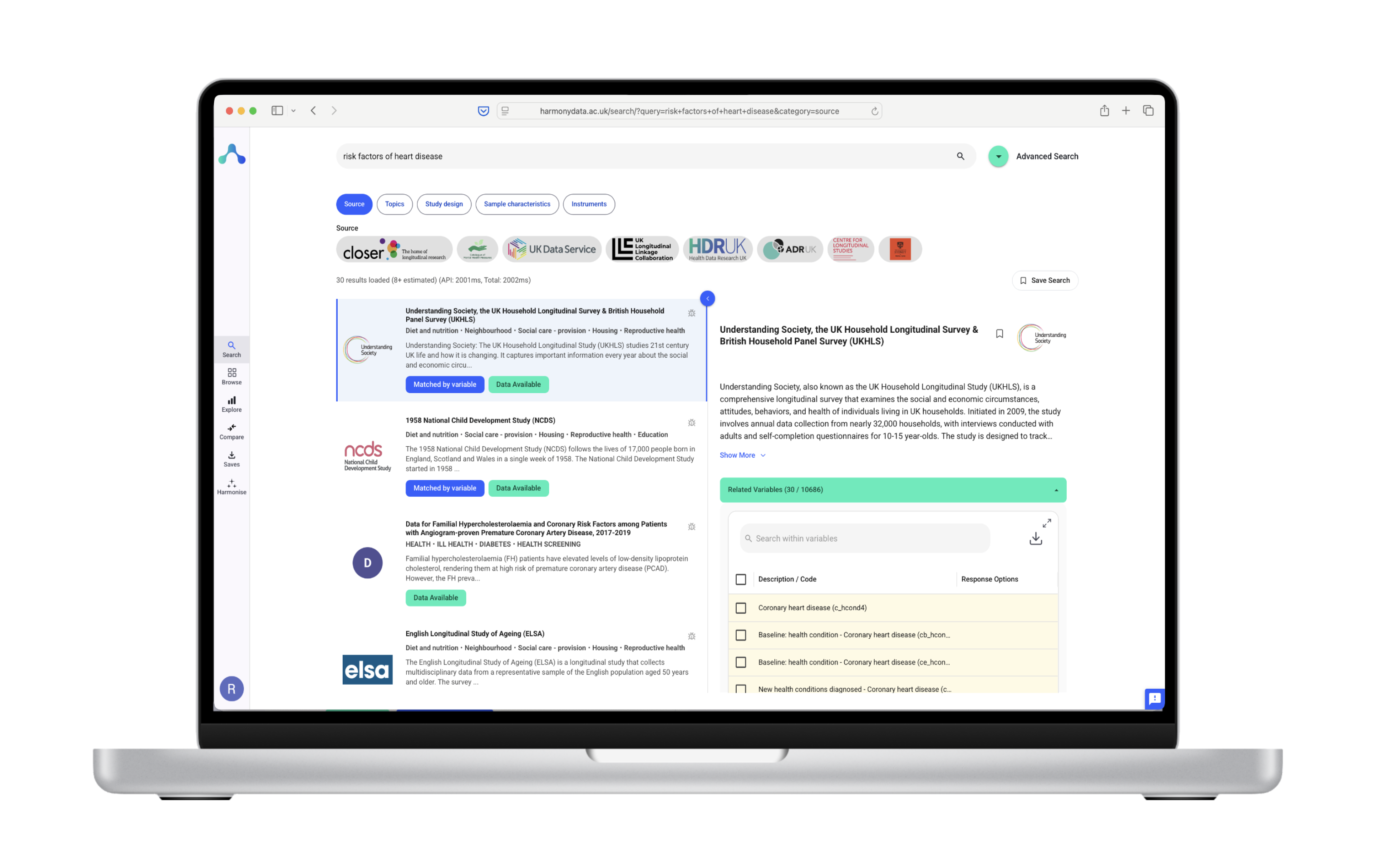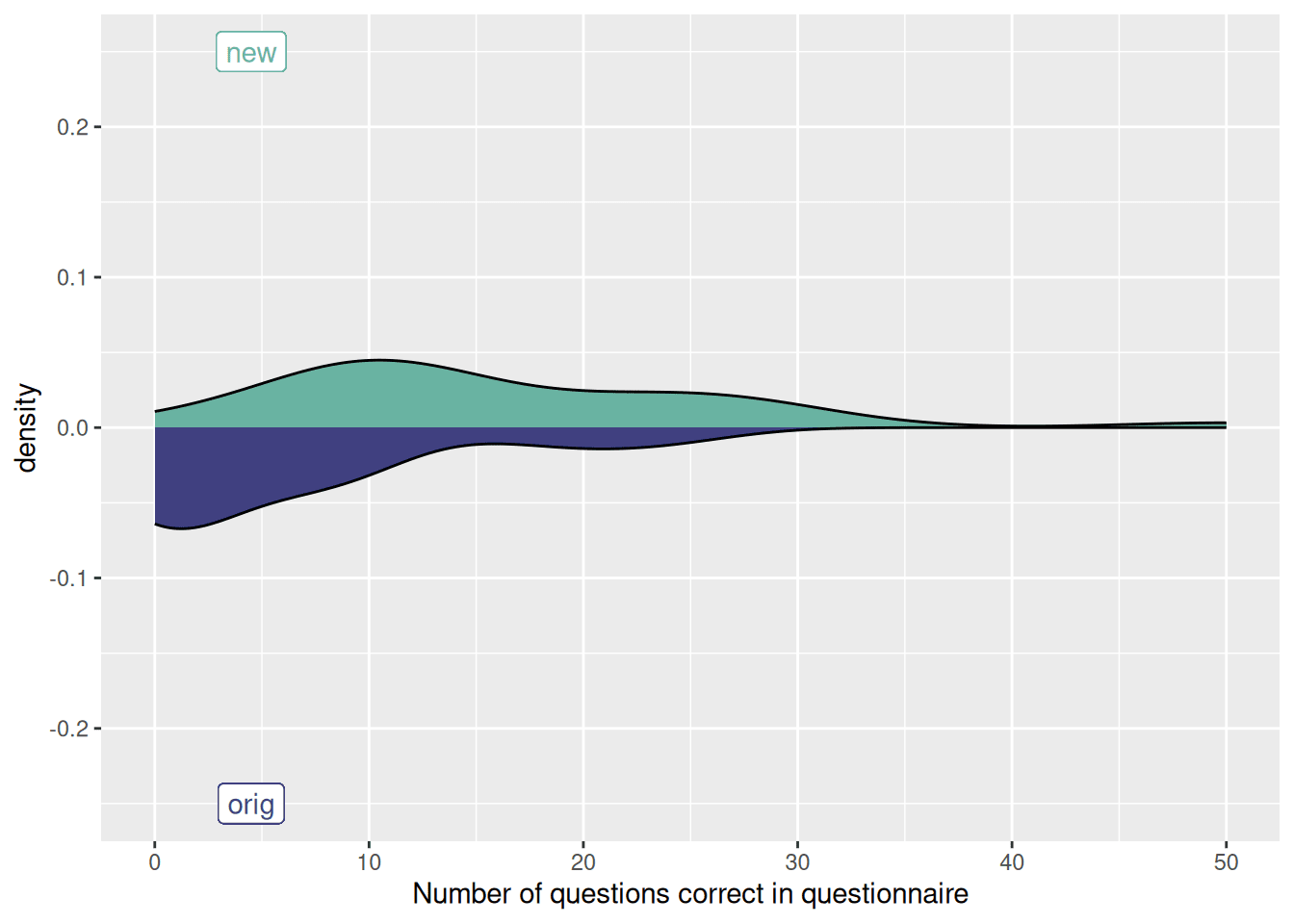
We will present the open source AI tool Harmony at the second Building AI for Good - Showcase & Meetup on 23 January 2025 organised by Newspeak House.
* 18:30 - Doors Open
19:00 - 19:20: Thomas Wood (Fast Data Science) and Bettina Moltrecht on supporting psychologists with Harmony. We will discuss using generative AI and LLMs to help researchers discover datasets and compare items in mental health questionnaires, even when they are written in different languages. Harmony is funded by the Economic and Social Research Council (ESRC) and previously by the Wellcome Trust.
19:25 - 19:45: Rob on voice AI user interfaces
19:50 - 20:10: Lorraine on building AI for Practice
20:15 onwards: community notices and mingling
Dr Bettina Moltrecht is a mental health researcher based at the University College London (UCL) and the Anna Freud National Centre for Children and Families in the UK. Bettina combines a strong clinical, tech and research background in her work.
Thomas Wood studied physics at university, and then did a masters in natural language processing in 2008. In 2018, he founded Fast Data Science, so he could work as a freelance consultant in natural language processing and machine learning. He is working as the industry partner on the Harmony project, and his other work includes applying natural language processing to clinical trial protocols.

